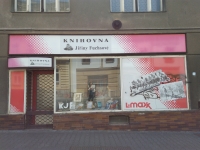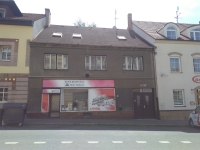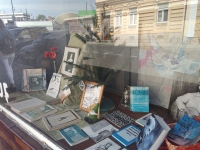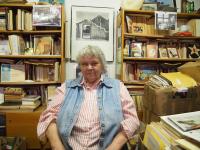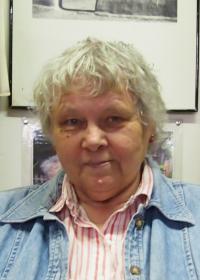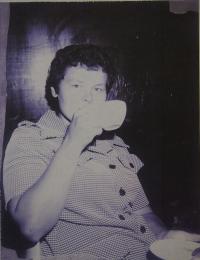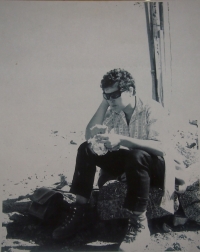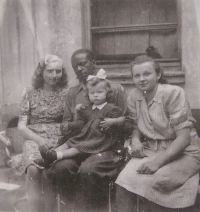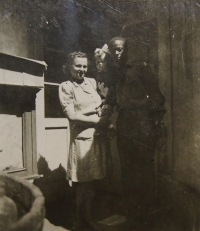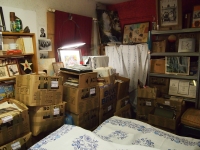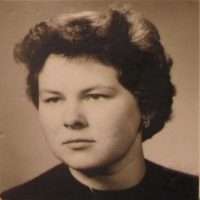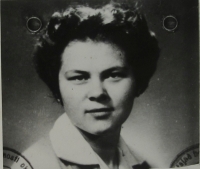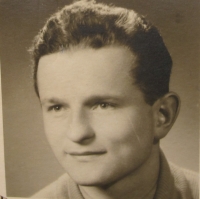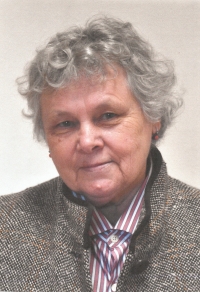They made such a mess of this country that I had to leave to do something about it
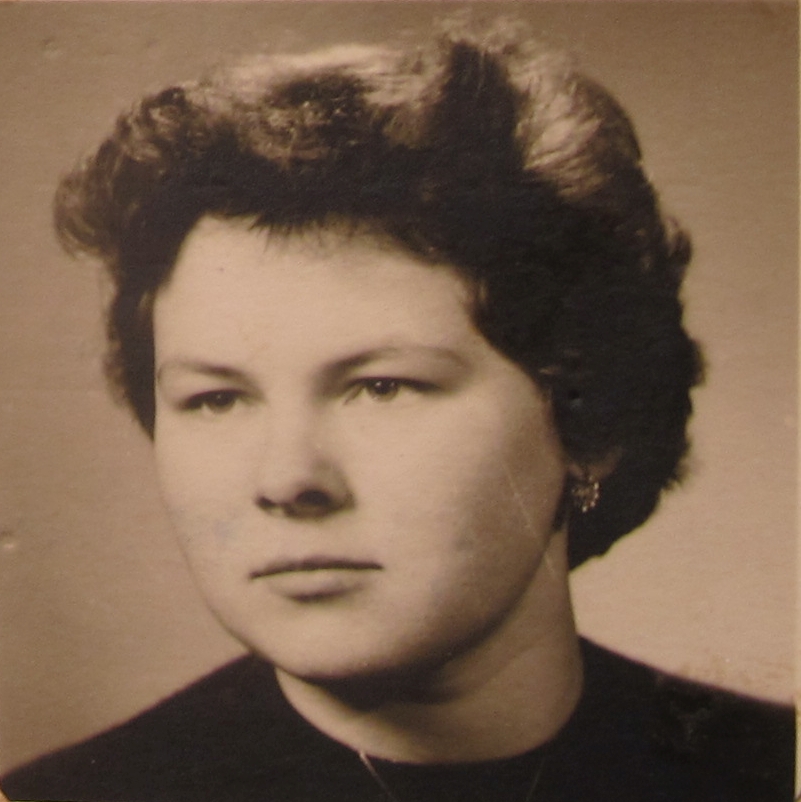
Download image
Jiřina Fuchsová, née Benadová, was born in Pilsen (Pzeň) on October 2nd 1943. She comes from a middle-class family. Her father had a shop in Pilsen (Plzeň), and in 1947, he founded a small plant in Šumava, processing forest berries and mushrooms. After 1948, both his enterprises had been nationalised and his daughter was labeled a person of bourgeois origin by the new regime. Because of that, she wasn´t admitted to a medical school for which she applied after finishing an eleven-year school. She did a follow-up-study at the School of Electrical Engineering, despite being drawn to medicine and humanities. After that, in 1962, she started to work as an electro-technician at Geological Survey Enterprise in Stříbro. At that time, she married Jaromír Fuchs. Living in the former Sudetenland wasn´t easy, there were no facilities and the house where Fuchses had lived had been in a pretty bad shape. So Jiřina and her husband decided to flee the country. They carried this through by buying a package holiday in Greece and Egypt. In June 1963, they pleaded for political asylum at the United States embassy in Athens. During the asylum procedure, they had been living in a refugee camp in Oberursel, West Germany. In December 1963, they were granted asylum and flew to the United States of America. At the start, they had been living in New York; for some time, Jiřina had been working in a factory producing stapling machines, then she was employed in Otis Company lunchroom. Then she fulfilled her dream and went to college. She studied at the Hunter College in New York, and after moving to California with her husband, at University of California, Los Angeles. In 1970, she graduated from the Department of Slavic Languages and Literatures, getting her B.A title. Then she gave birth to her two sons and was a housewife for several years. She also joined the community of Czechoslovak expatriates in Los Angeles. In 1973, she founded the Czechoslovak Culture Club (Klub československé kultury) with Pavel Páv and Jiří Karger. In 1975, she published her first book, An American Baedeker (Americký Baedeker), and started Framar, a publishing house in exile. After that, Jiřina Fuchsová had been working as a translator, an interpreter and a deck clerk in a fitness club. From 1992 to 2002, she taught Czech, Czech literature and history at Loyola Marymount University. Since 1987, she also had been collecting books and documents by émigrés. In 2013, she and her husband decided to return to their home country, to a house in Pilsen (Plzeň) where Jiřina was born. In the course of time, she moved 350 boxes from California to Pilsen (Plzeň), containing books and archive materials she has been using to build the Czechs Abroad Memorial (Památník zahraničních Čechů) and Jiřina Fuchsová Library (Knihovna Jiřiny Fuchsové), which she has established in 2005. Since her youth, she has been involved in literature, writing both poetry and fiction. She won three literary prizes for her poetry collections.
